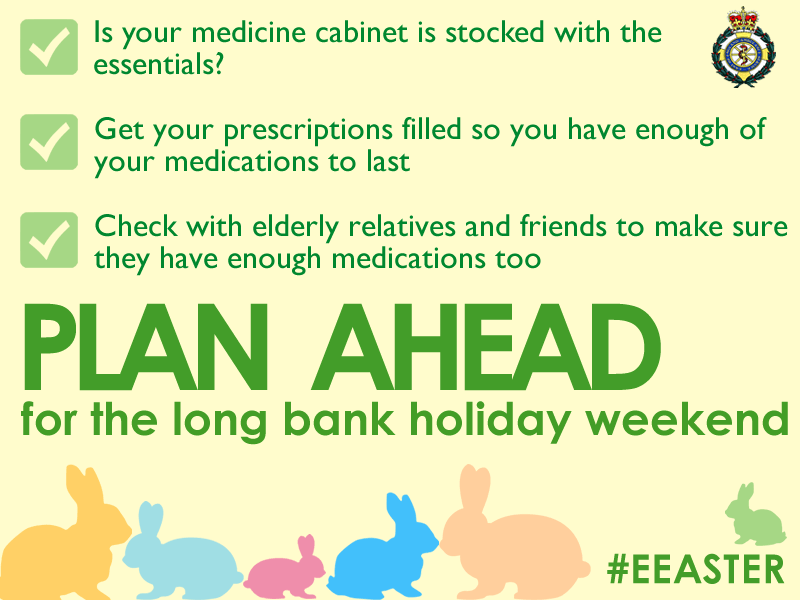
The region’s ambulance service is urging the public to “be prepared” ahead of the Easter bank holiday.
The East of England Ambulance Service NHS Trust (EEAST) received more than 12,300 emergency calls last Easter and responded to just over 9,180 incidents during that long weekend.
Nearly 1,300 of calls related to patients having falls, and almost 350 choking cases were reported.Community first responders helped the Trust by attending 390 medical emergencies during the long weekend.
People are being urged to follow these seven tips to avoid an emergency this Easter:
- If you have a long-term condition, make sure you have enough of your prescription medication to get you through the long weekend
- If you are feeling unwell now, seek medical advice before Easter starts. Don’t let your condition deteriorate
- Make sure your medicine cabinet is fully stocked so that common ailments such as colds can be treated at home
- Be prepared for changes in the weather
- If you are going out drinking, know your limits and alternate alcoholic drinks with soft drinks or water
- Be safe on the roads. Keep your distance from the car in front to help avoid accidents
- If you need urgent medical advice over Easter, NHS 111 is available 24/7. Please remember, 999 is for life-threatening conditions only.
Kevin Brown, Director of Service Delivery for EEAST, said: “It’s always a busy four days for the ambulance service. People might be out of routine and suffering from long-term conditions more than they’re used to, and of course people call 999 when they’re worried but it may not be a medical emergency.
“So with that in mind, if people can enjoy a happy and safe bank holiday by being prepared, it will have positive consequences all round. For instance, your GP surgery is likely to be closed over the long weekend, so it is essential that you have enough prescription medication if you have a long-term health condition.
“Please remember that 999 is for emergencies, such as life-threatening injury or illness - if you need urgent medical advice over the bank holiday, you should call NHS 111 where your needs are most appropriately helped."
The Trust’s 'It's your call' campaign helps inform people and educate others on how 999 calls are handled and prioritised so that in the event of a medical problem, they feel better equipped to know what to do. For more information, visit http://www.eastamb.nhs.uk/News-and-Media/Campaigns/its-your-call.htm
County breakdown of 999 calls to EEAST last Easter (2015 in brackets):
Bedfordshire: 1,176 (1,069)
Cambridgeshire: 1,692 (1,413)
Essex: 3,840 (3,388)
Hertfordshire: 1,989 (1,736)
Norfolk: 2,008 (1,648)
Suffolk: 1,601 (1,258)


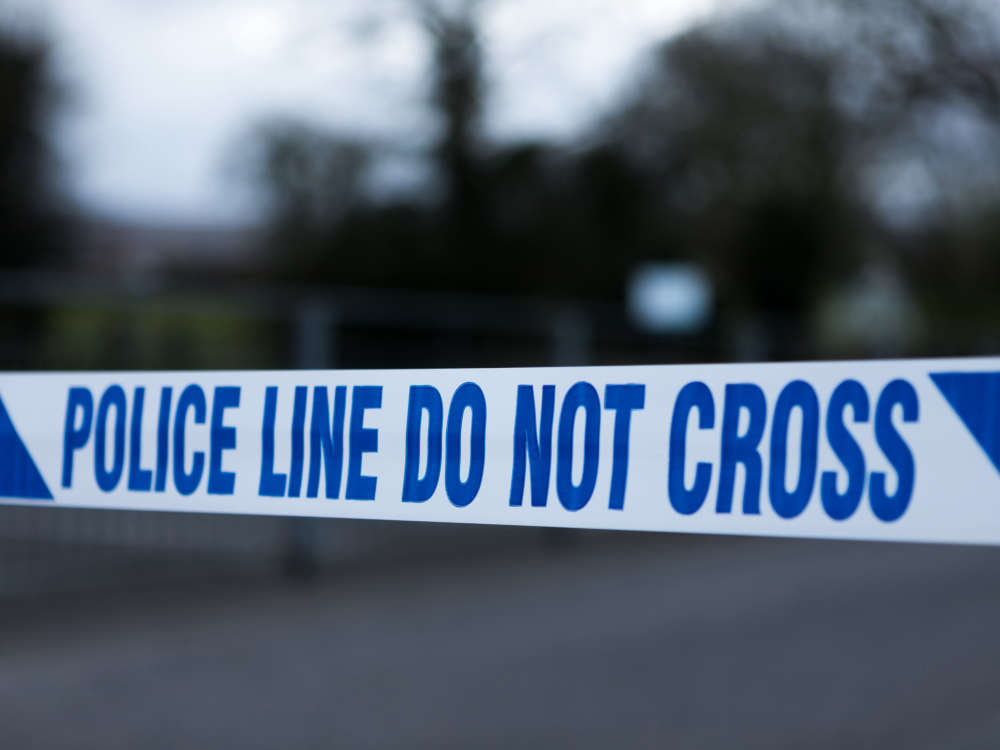 Cambridge business targeted by raiders twice in 24 hours
Cambridge business targeted by raiders twice in 24 hours
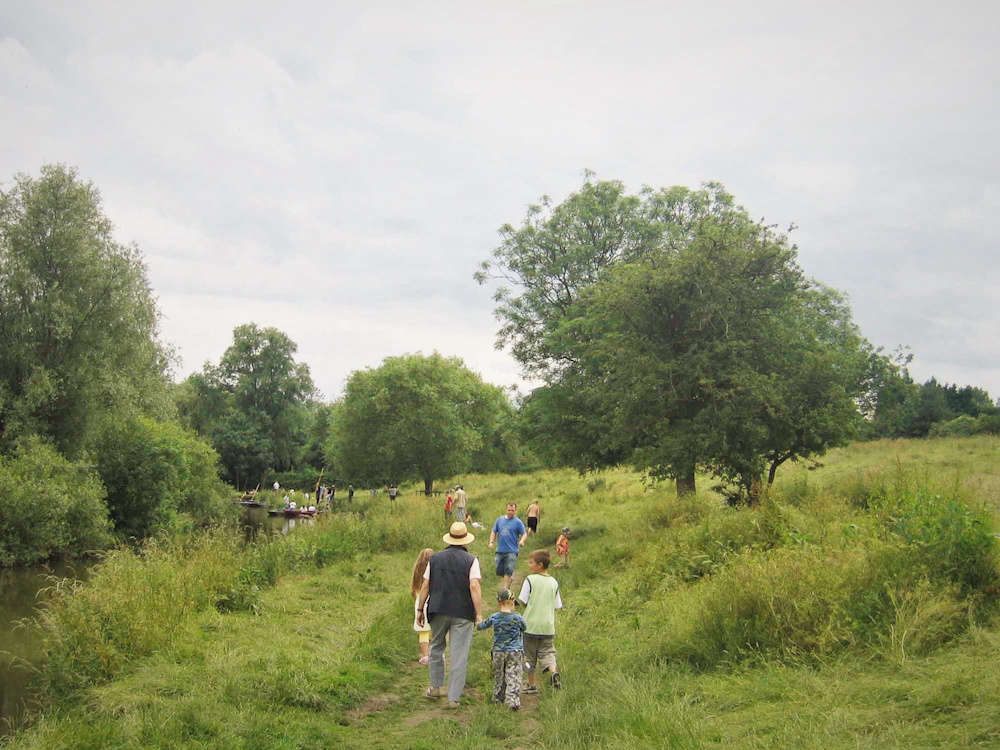 Grantchester Meadows to enjoy bright future
Grantchester Meadows to enjoy bright future
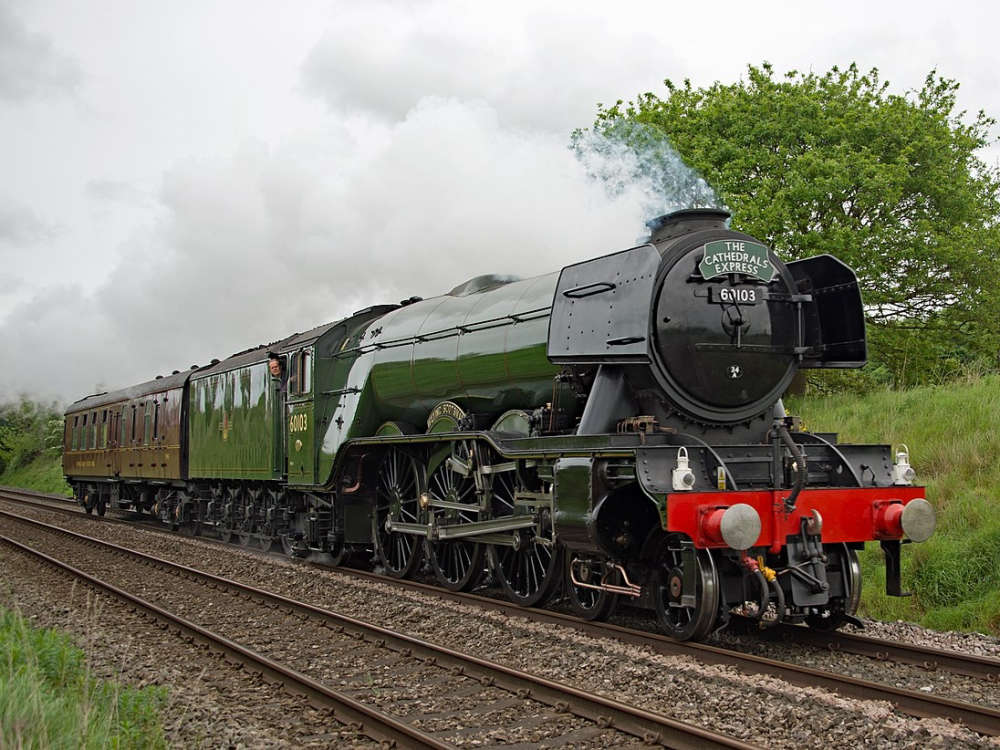 Flying Scotsman returns to Cambridgeshire
Flying Scotsman returns to Cambridgeshire
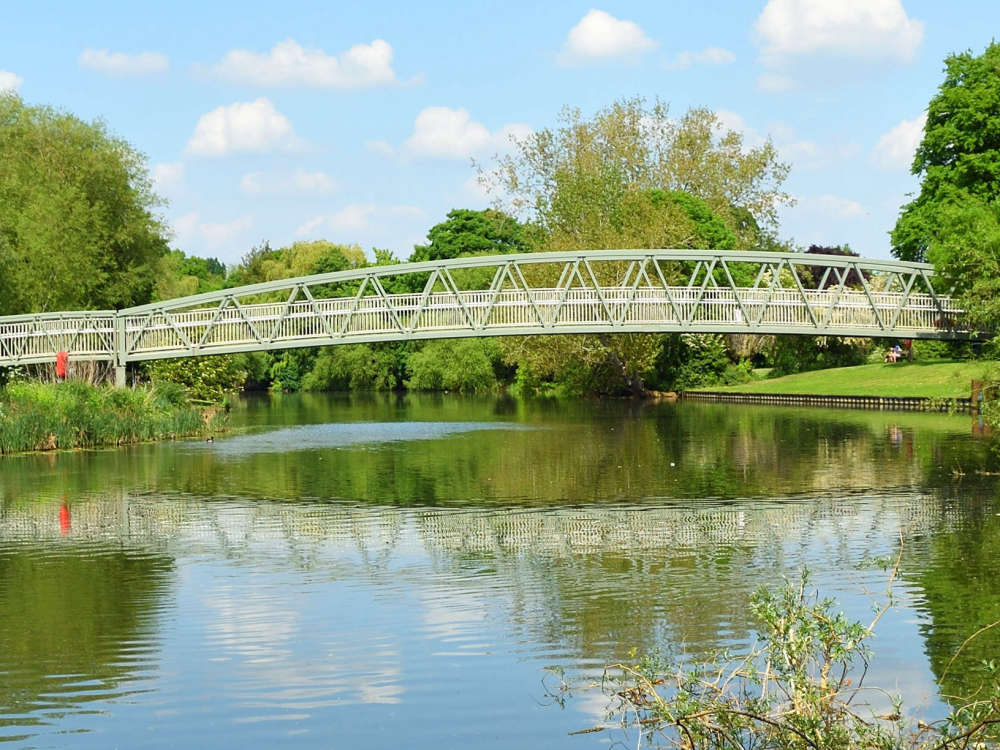 Man found stabbed in St Neots car park
Man found stabbed in St Neots car park



